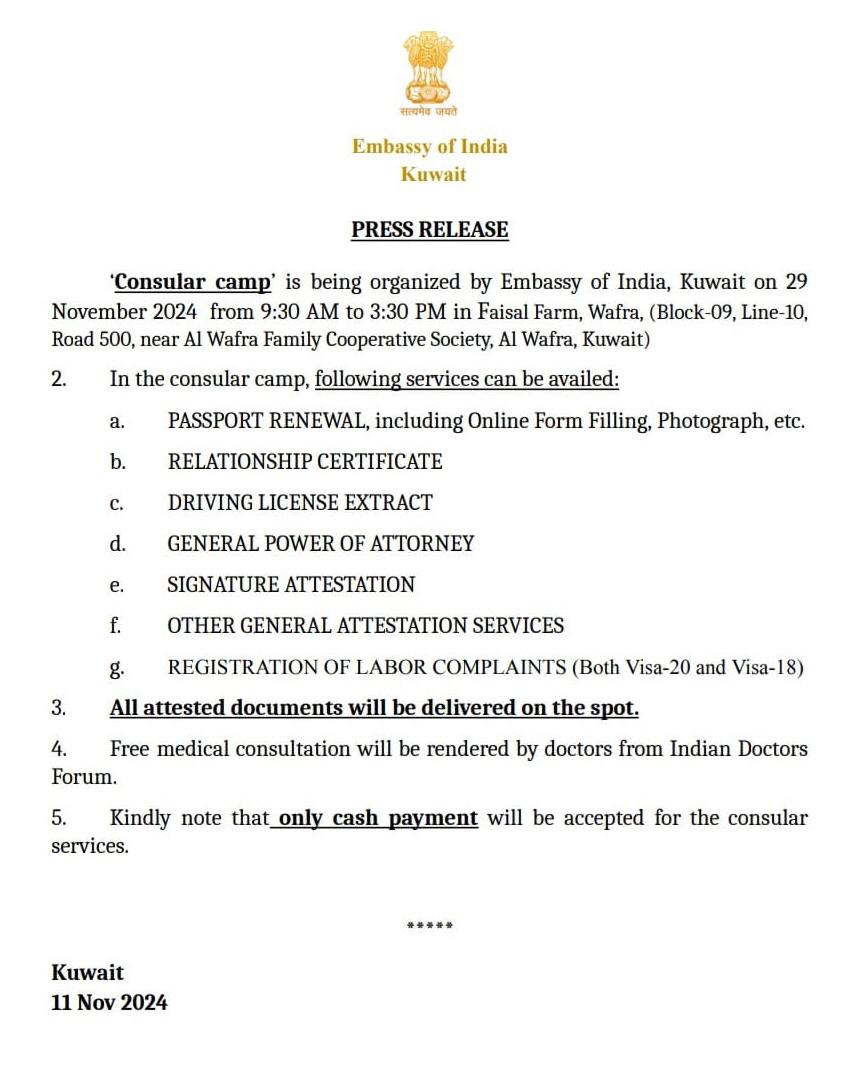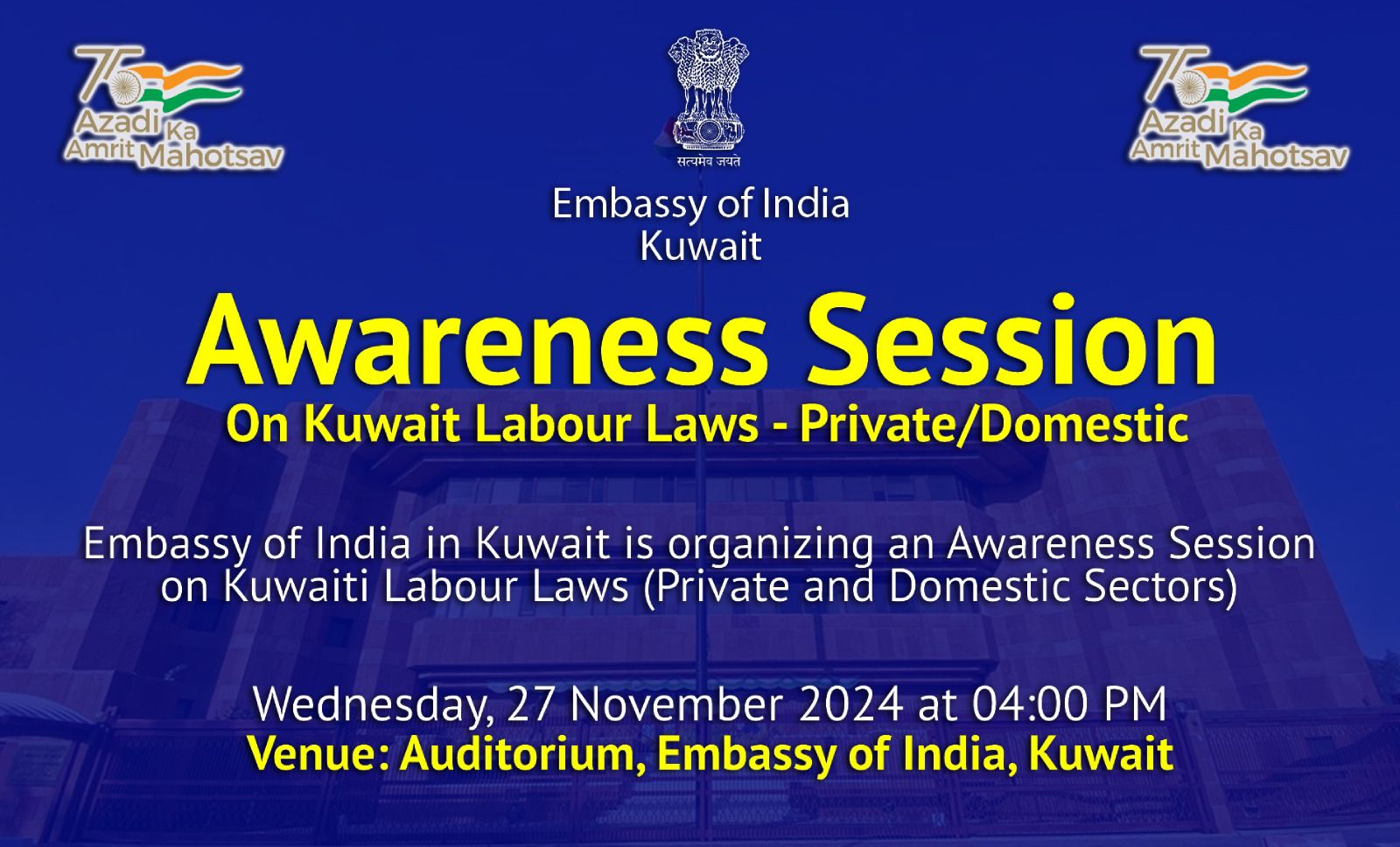According to experts, there are several ways to distinguish between original and counterfeit products, starting with reading the authentication card, comparing logos, and examining the way the company’s mark is engraved on the product.
To protect from falling into the trap of imitation goods, consumers should arm themselves with these 7 tools:
- View the invoice issued by the country of origin.
- Receive the product guarantee certificate.
- Review the authentication card of the product.
- Ensure the accreditation of the Chamber of Commerce and Industry.
- Ensure the existence of «trade» codes and numbers.
- Verify the existence of the company’s trademark.
- Enter the website of the producing company through «QR» code.
Property Rights:
Abdulaziz Al-Mutairi from the Container Department at Shuwaikh Port, Customs Department, confirmed that all goods and products exported to the port are carefully monitored to determine whether they are original or counterfeit.
Al-Mutairi explained that the verification process involves checking if there is any manipulation of the product documentation. This is done in coordination with the parent company, using the relevant numbers and codes from the Ministry of Commerce and Industry. If any product is suspected of being counterfeit, it is immediately referred to the intellectual property authorities for further investigation.
Adding further, Al-Mutairi stressed that all counterfeit brands seized at the border ports are confiscated and destroyed at the merchant’s expense, with the cost of the destruction borne by the importer.
Al-Mutairi emphasized that none of the seized counterfeit goods are allowed to be re-exported or re-enter the country, ensuring that they cannot return to the market once confiscated.
Danger to the Consumer:
Nawaf Al-Ghaffar from the Air Parcels Department in the Customs Department explained that the General Directorate of Customs releases goods through a letter of authorization after thoroughly inspecting and confirming their authenticity.
This is done by verifying the invoice issued by the country of origin, which must be approved by the Chamber of Commerce and the Ministry of Foreign Affairs.
Al-Ghaffar pointed out that customs inspectors identify imitated goods and products by conforming to the specifications and complying with the original code of the product.
Brands:
Hajar Dashti from the Trademarks and Patents Department at the Ministry of Commerce emphasized that the protection of a product’s intellectual property begins after it is registered.
This registration grants the owner the legal right to prosecute anyone who imitates the product, as the state is committed to protecting intellectual property rights.
Importantly, Dashti added that the department actively monitors registered trademarks through judicial oversight, working to uncover counterfeit goods. This is achieved through market campaigns and responding to complaints from individuals. The department collaborates with commercial control and other relevant authorities to verify the authenticity of companies and brands.
Dashti pointed out that as a result of ongoing efforts to strengthen trademark management and enforce intellectual property laws; Kuwait was removed from the list of countries lacking intellectual property protection after 25 years.
This achievement was driven by increased law enforcement against the sale of counterfeit goods and the Ministry’s establishment of electronic platforms to manage intellectual property rights and trademarks.
Also work is currently underway to have Kuwait join the Paris Convention on Intellectual Property and Trademark.
Engineer Amna Diab from the Trademark Department highlighted that any citizen who unknowingly purchases a counterfeit product has the right to sue the seller.
Additionally, the owner of the original trademark can take legal action against the person or entity responsible for selling or distributing imitation products.
Diab stressed that the Trademark Department continues its ongoing campaigns targeting commercial establishments and shops to ensure that counterfeit goods and products are not sold.
Furthermore, Diab explained that employees have been granted judicial control authority to verify that trademarks and industrial models are properly registered with the Trademark Department.






